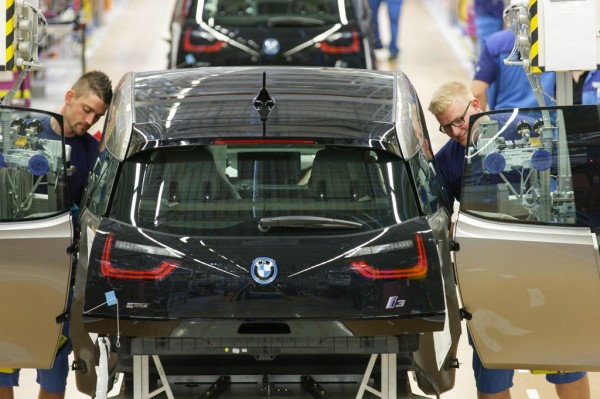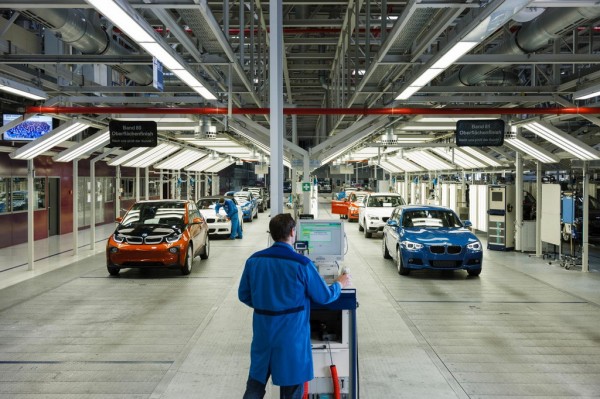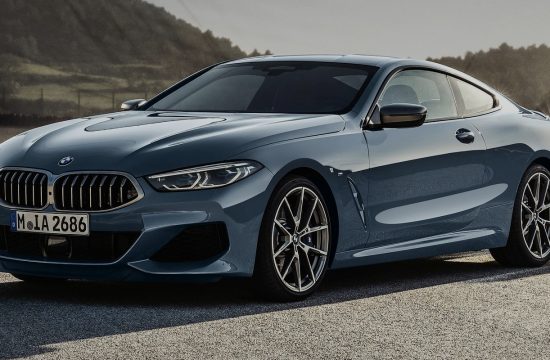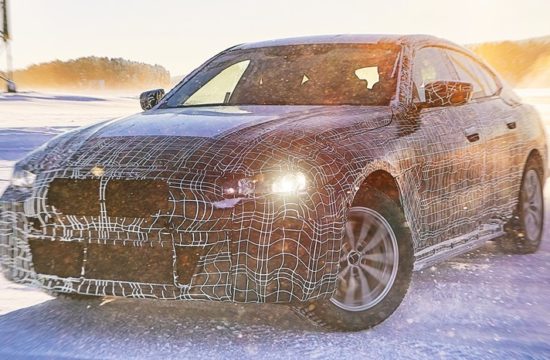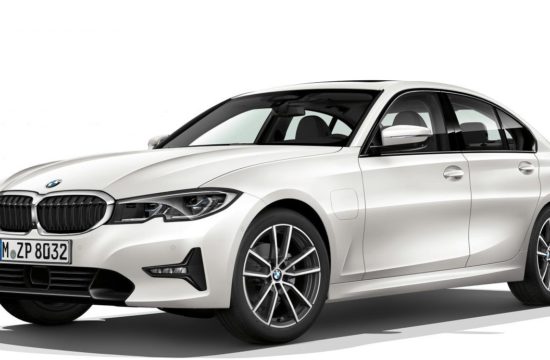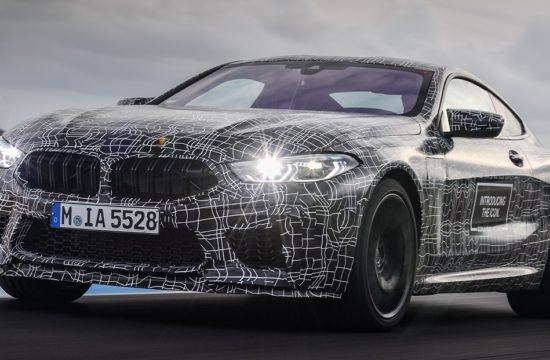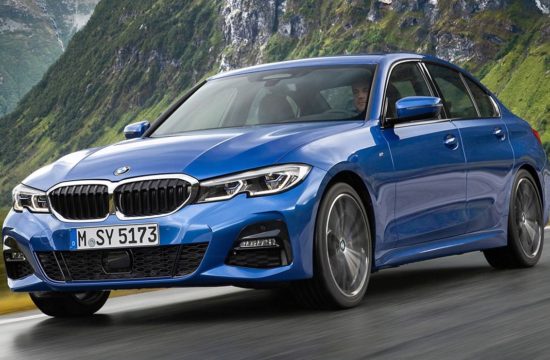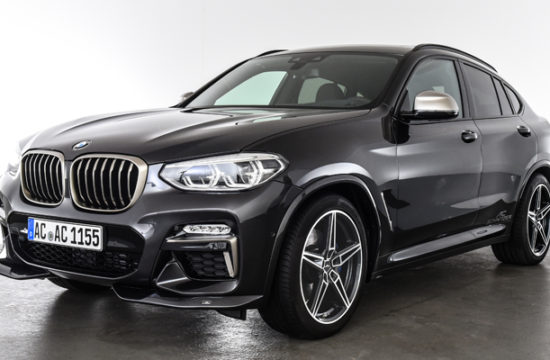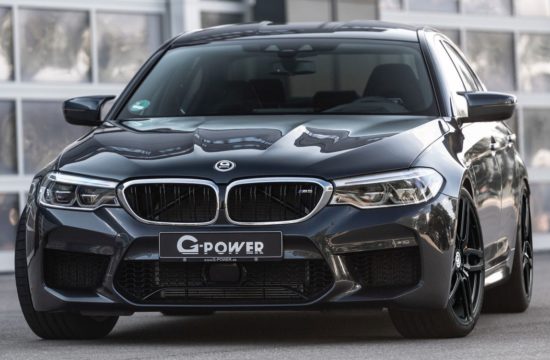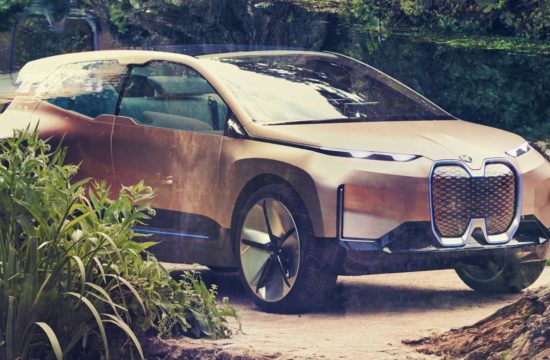BMW officially beings the production of what’s possibly the most futuristic car you’ll see on the roads over the next few years, the electric-powered i3. It is not the first electric city runabout, but it is the first one that looks like it offers something new.
The BMW i3 is so advanced that not only the car itself offers exceptionally high standards of sustainability and resource efficiency, the factory where it’s made in Leipzig is also one of the greenest in the world. Even the production methods and materials are designed with sustainability in mind.
BMW i3 production is the first time that carbon-fibre-reinforced plastic (CFRP) has been used in automotive volume production. The body structure of the BMW i3 consists entirely of this extremely lightweight and durable material, allowing the extra weight of the batteries for the electric drive system to be cancelled out. By industrialising the manufacturing process for CFRP, the BMW Group has become the first company worldwide to make its use in vehicle production economically viable.
The Leipzig plant has been given a 400 million EUR investment in new structures and machinery for the production of BMW i models and 800 new jobs have been created. It will be followed by facilities at Moses Lake in the USA and Wackersdorf, Landshut and Dingolfing in Germany. The company has invested a total of around €600 million in the BMW i production network and generated over 1,500 jobs.
The electric motor powering the BMW i3 generates a maximum output of 125 kW/170 hp and peak torque of 250 Newton metres (184 lb-ft). The battery gives the car a range in everyday conditions of 130 – 160 kilometres (81 – 99 miles) when fully charged from a conventional domestic power socket, BMW i Wallbox or public charging station. Range-extender generator is available as an optional extra.

